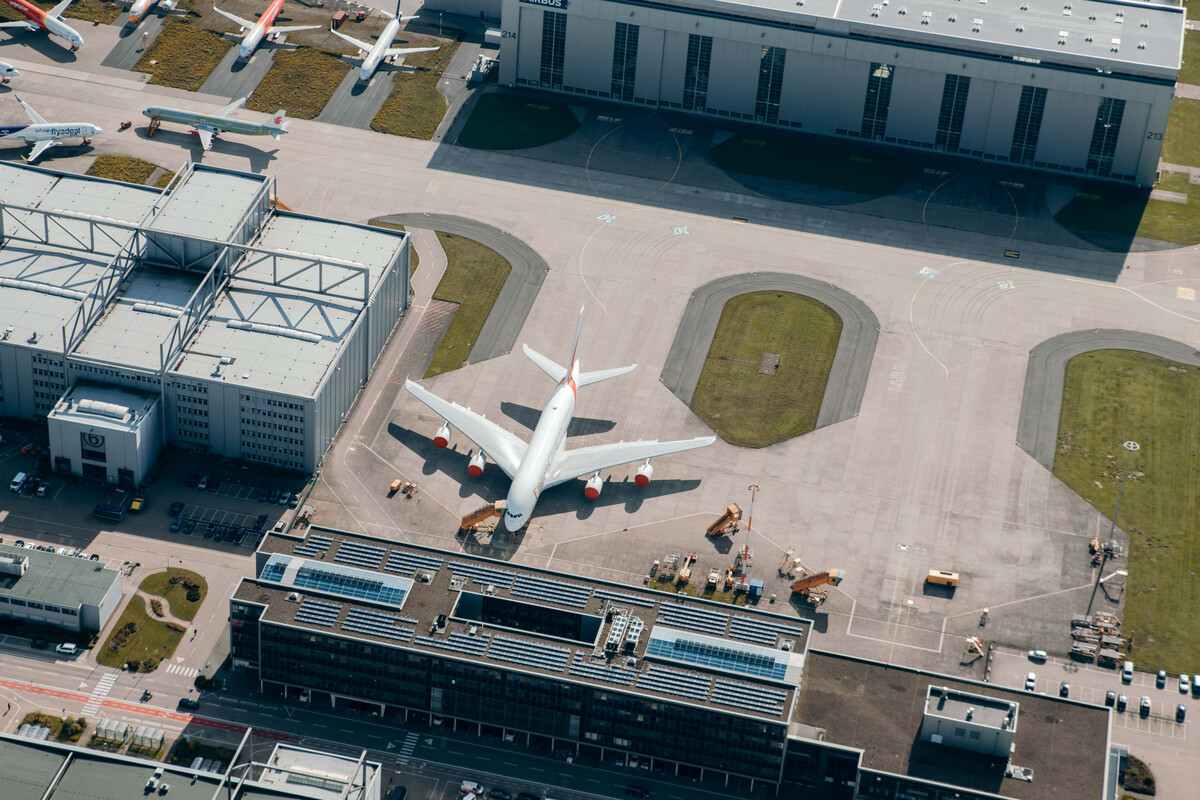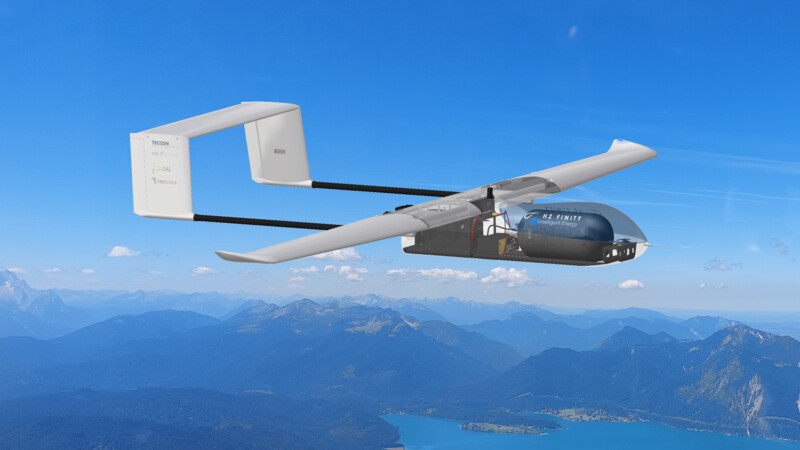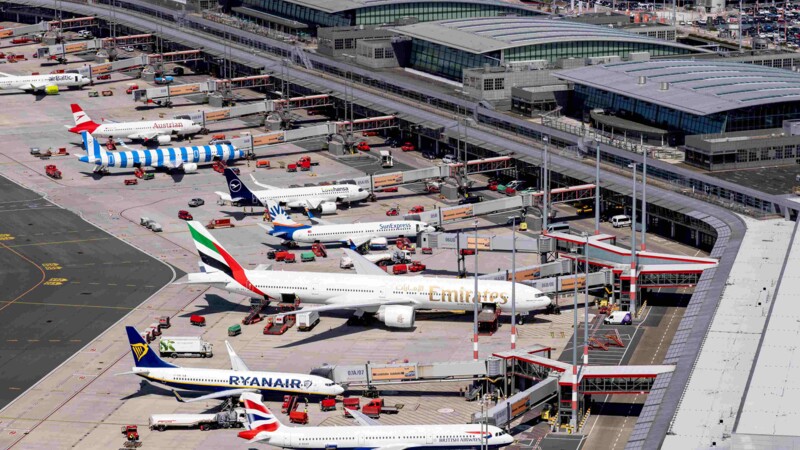"The aviation industry is a cornerstone of Hamburg's economy: it secures tens of thousands of jobs, drives innovation and strengthens our international competitiveness," said Melanie Leonhard, Senator for Economics and Innovation. Around 50,000 people were employed in aviation in 2024 - a rise of 18 per cent over 2019. The sector also adds to value creation, exports and future technologies, she noted. Around 300 companies in the Hamburg Metropolitan Region generated nearly EUR 7 billion (a rise of 34 per cent over 2019) in added value. Investments in R&D came to EUR 470 million in 2021. Alongside aircraft construction, the most important sectors were engineering and IT services. Around EUR 387 million has gone into regional innovations and technological developments thanks to strong partnerships with the Centre for Applied Aeronautical Research (ZAL). The new figures show clearly that Hamburg is on the right track, according to Roland Gerhards, CEO of ZAL, adding: "We are bringing new technologies from the laboratory to practical application faster. In this way, we are strengthening the technological excellence of the location and securing its long-term international competitiveness." Harald Gloy, Chief Operations Officer, Lufthansa Technik AG, pointed out: "Our Ambition 2030 scheme for the future is also based on the Hanseatic city, which we will continue to underline with investments running into billions and new offerings – from hands-on to digital, and from civil to military."
Hamburg's aviation industry is growing steadily and boosting economic performance across the Hamburg Metropolitan Region, accrording to a new study published Tuesday (June 10, 2025) by the Hamburg Aviation Cluster carried out by the Institute for Innovation and Technology at VDI/VDE Innovation+Technik GmbH. Both jobs and added value have increased significantly over 2019, the study showed.
Aviation now cornerstone of Hamburg's economy

Recommendations
The study also recommended more collaborations between industry, science and politics and networking across the Hamburg Aviation cluster. Education should be improved to secure skilled labour and bureaucracy in terms of e.g., approval procedures, reduced. The study also recommended developing more efficient infrastructure to achieve digitalised and networked aviation, as well as the expansion of urban air mobility. Forward-looking technologies and SMEs should be promoted. Investments in sustainable technologies such as hydrogen drives, sustainable aviation fuels and AI-supported systems are needed to achieve the industry's climate targets. Military aviation holds further potential, the study found.
Hamburg Metropolitan Region key aviation centre
The Hamburg Metropolitan Region is now one of the world's three leading civil aviation centres, alongside Toulouse and Seattle and is also a leading European aviation centre. The regional aviation landscape is marked by closely integrated global corporations, specialised medium-sized companies and a strong scientific and institutional infrastructure. It is also an attractive founding centre for startups in the fields of aviation technology, digitalisation and sustainability. New lightweight materials and sustainable fuels (SAF), innovative solutions for urban mobility and AI-supported maintenance systems are being developed backed by the global Sustainable Aero Lab. André Walter, Head of Civil Aircraft Production at Airbus in Germany, stressed: "The Hanseatic city is a key location for Airbus, characterised by a unique cluster structure, strong innovative power and enormous economic relevance."
mm/sb/pb
Sources and further information
More
Similar articles

Key decisions needed in aviation

ZAL - a success story for Hamburg aviation hub

Sustainable Aero Lab and TUM Venture Labs join forces
